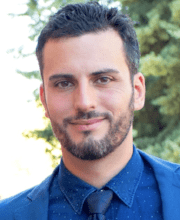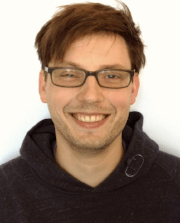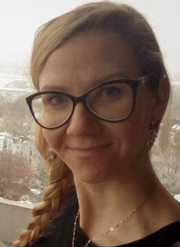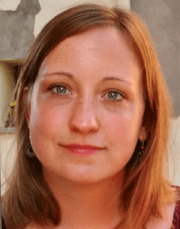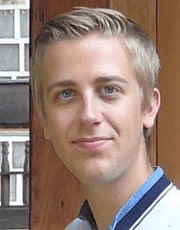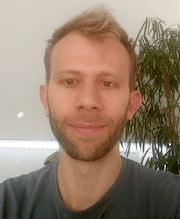

A new ERC project aiming to unravel the global triggers of drought
Team
– The work is centralised at the Laboratory of Hydrology and Water Management at Ghent University –
P. I.
Diego obtained his PhD on global hydrology from the VU University Amsterdam (2011), and was then appointed as lecturer at the University of Bristol (2011–2014). In the present he is Associate Professor in Hydrology and Climate at Ghent University. He is genuinely intrigued by soil–vegetation–atmosphere interactions and how the water cycle is impacted by changes in climate.
Scientist | Post-Doctoral
Hendrik Wouters obtained his PhD on urban land–climate interactions at KU Leuven (2014), in collaboration with VITO. He holds an MSc in Physics (2008) and a post-graduate in Weather and Climate Modelling (2010) from Ghent University. He is the main developer of TERRA-URB, the urban canopy land-surface scheme in COSMO. He is interested in urbanization, climate change and local extremes.

Irina Petrova
Scientist | Post-Doctoral
Irina did her PhD on understanding soil moisture–precipitation coupling on mesoscales at the Max Planck Institute for Meteorology (2017). She holds a BSc in Hydrometeorology (2010) from the Russian State Hydrometeorological University and an MSc in Integrated Climate System Sciences from the University of Hamburg (2013). She is interested in boundary layer dynamics and land–atmosphere interactions.
Scientist | PhD candidate
Brianna holds an MSc in Water Resources Engineering from Loyola Marymount University (2015) and a BSc in Environmental Science and Policy from California State University (2013). She has six years of experience in the water conservation sector, and is a visiting scientist at the Oak Ridge National Laboratory. The overarching theme of her research is understanding climate change impacts on hydrology and water management.

Scientist | Post-Doctoral
Jessica coursed her undergraduate studies at the University of Bonn and her PhD at the Research Centre in Juelich and University of Bonn. Her PhD research focused on the impact of groundwater dynamics on regional climate. She is a meteorologist with a specific interest in high-resolution integrated, regional climate and hydrologic modelling and land–atmosphere interactions for an improved understanding of the hydrologic cycle.

Scientist | PhD candidate
Dominik studied at ETH Zurich and obtained an MSc. in Environmental Sciences with a major in Atmosphere and Climate sciences. He also worked for a year at MeteoSwiss. In the last few years, he investigated large-scale atmospheric teleconnections, occurrence of temperature and precipitation extremes, or dynamic atmospheric events. Dominik defines himself as an environmental scientist with a specific interest in the physical mechanisms driving the climate system with its manifold interactions between and within components.

Wouter Maes
Scientist | Post–Doctoral
After a master in forest ecology, the focus of Wouter's Ph.D. at KU Leuven was on thermal remote sensing, and on its application to detect drought stress in terrestrial ecosystems. He then joined Ghent University and further focused on applications in agricultural and natural ecosystems, particularly from UAV platforms. His most recent research concentrates on the exploration of the links between solar-induced fluorescence retrievals and transpiration, as part of the STR3S project.

Femke Smessaert
Scientist | PhD candidate
Femke is an environmental scientist with a genuine interest in climate change and ways to mitigate it.
In 2018, she obtained her MSc degree in Geography. Particularly interested in the mechanisms behind weather and climate, she decided to pursue a Master in Meteorology during her Erasmus programme in Madrid. Her research aims to explore the role of land cover in the propagation of meteorological droughts in tropical regions, more specifically by evaluating the impact of deforestation on the hydrological cycle.
External Board
Supported by a network of collaborators

World leading institutions in ecohydrology, ecophysiology, micrometeorology and climate – including pioneers in the use of the data and methods proposed in the project.
© 2022
